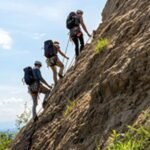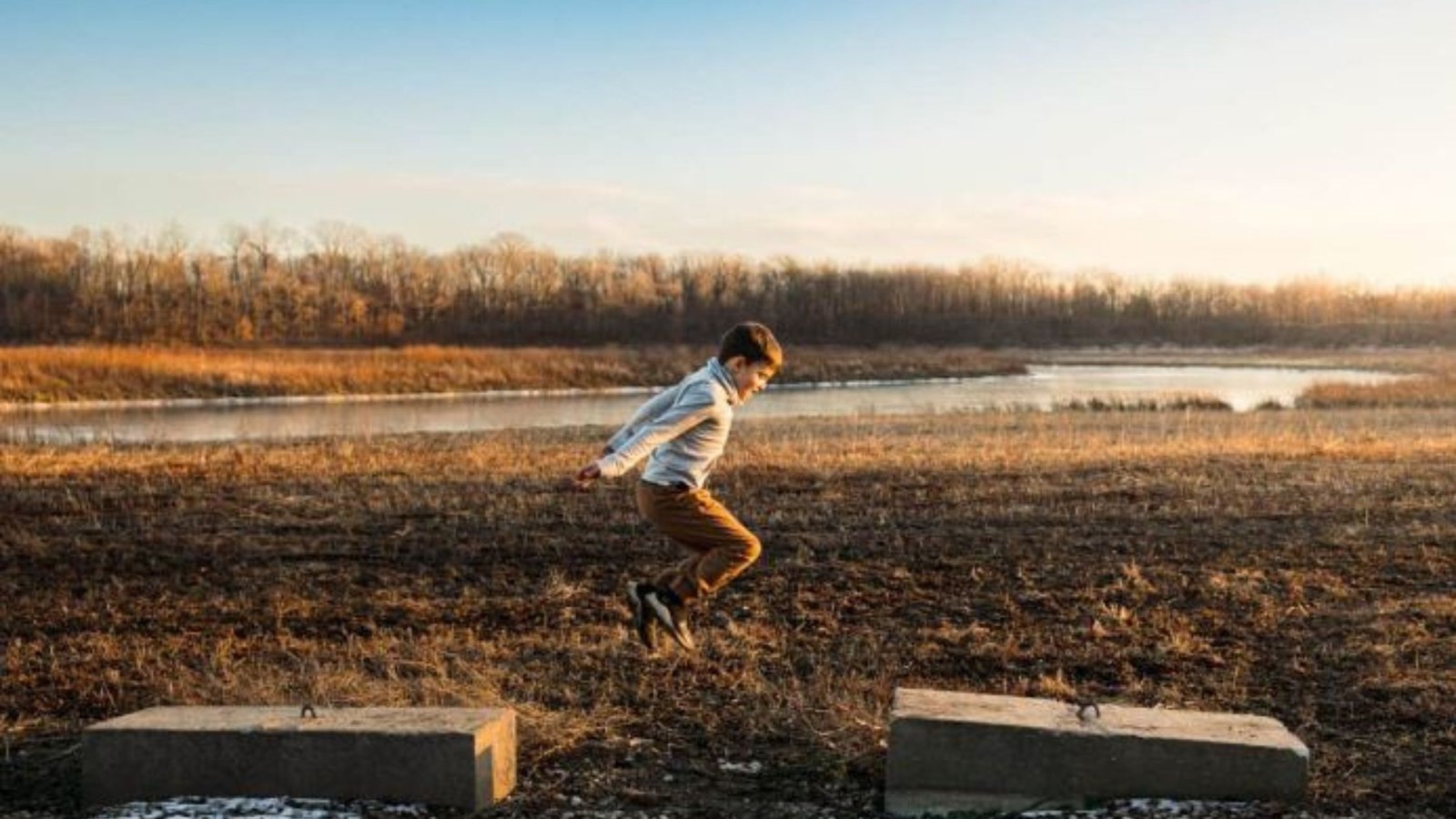Enhancing your outdoor survival skills ensures preparedness and confidence in handling emergencies and challenges in wilderness environments. Here’s how to develop and improve essential survival techniques:

1. Master Navigation Techniques
Map Reading and Compass Skills
- Topographic Maps: Learn to read topographic maps to understand terrain features, elevation changes, and navigation routes.
- Compass Navigation: Practice using a compass for directional orientation, azimuth readings, and triangulation to pinpoint locations.
GPS and Navigation Apps
- GPS Devices: Familiarize yourself with GPS units for precise coordinates and waypoint marking in remote areas without cellular service.
- Navigation Apps: Use offline-capable navigation apps like Gaia GPS or AllTrails for route planning and real-time location tracking.
2. Shelter Building and Campsite Selection
Emergency Shelters
- Natural Shelters: Identify and utilize natural materials for constructing emergency shelters, such as lean-tos, debris huts, or snow caves.
- Tarp Shelters: Pack lightweight tarps or emergency blankets for quick shelter setups during unexpected weather conditions.
Campsite Essentials
- Site Selection: Choose campsite locations with access to water, natural windbreaks, and level ground for setting up tents or shelters.
- Leave No Trace: Practice Leave No Trace principles when establishing campsites to minimize impact on natural environments.
3. Fire Starting Techniques
Building Skills of Fire
- Fire Structure: Learn various fire-building methods, including teepee, log cabin, or Dakota fire hole structures for efficient heat and cooking.
- Fire Starters: Carry waterproof matches, lighters, magnesium fire starters, or fire steel for reliable fire ignition in wet or windy conditions.
Fire Safety and Management
- Extinguishing Methods: Understand proper fire safety protocols, including extinguishing fires completely using water, sand, or dirt.
- Fire Regulations: Adhere to local fire regulations and seasonal fire bans to prevent wildfires and protect natural habitats.
4. Wilderness First Aid and Emergency Response
First Aid Training
- Basic First Aid: Attend wilderness first aid courses to learn essential skills for treating cuts, burns, sprains, and hypothermia in outdoor settings.
- CPR Certification: Obtain CPR certification to provide life-saving assistance during medical emergencies in remote wilderness areas.
Emergency Kits
- Personal First Aid Kit: Pack a comprehensive first aid kit with bandages, medications, splints, and emergency supplies tailored for outdoor activities.
- Emergency Communication: Carry a satellite messenger or personal locator beacon (PLB) for sending distress signals and summoning emergency assistance.
5. Water Sourcing and Purification
Procurement of Water
- Natural Sources: Identify and collect water from natural sources such as rivers, streams, or lakes using filtration or purification methods.
- Rainwater Harvesting: Use tarps or improvised containers to collect rainwater for drinking and cooking in emergency situations.
Water Purification Methods
- Filtration Systems: Pack portable water filters or purification tablets to remove bacteria, protozoa, and sediments from untreated water sources.
- Boiling: Boil water over a campfire or portable stove to kill pathogens and ensure safe drinking water in wilderness environments.
6. Foraging and Wild Edible Plants
Edible Plant Identification
- Safe Identification: Learn to identify edible plants, berries, nuts, and mushrooms native to your region to supplement food supplies.
- Foraging Ethics: Practice sustainable foraging practices and avoid harvesting endangered or toxic plant species in natural habitats.
7. Survival Mindset and Preparedness
Mental Resilience
- Stay Calm: Cultivate a positive mindset and stay calm during emergencies to make rational decisions and prioritize survival tasks.
- Preparation and Planning: Develop emergency plans, communicate it with companions, and prepare for unforeseen circumstances in outdoor adventures.
Scenario Training
- Role Play: Practice survival scenarios with peers or participate in wilderness survival courses to simulate real-life challenges and responses.
- Continuous Learning: Stay updated on survival techniques, gear innovations, and outdoor safety protocols through books, courses, and online resources.
By honing these outdoor survival skills, you can enhance your readiness and confidence to handle diverse challenges encountered during outdoor adventures. Preparedness, practical knowledge, and a respect for nature are essential elements for safe and enjoyable wilderness experiences.











